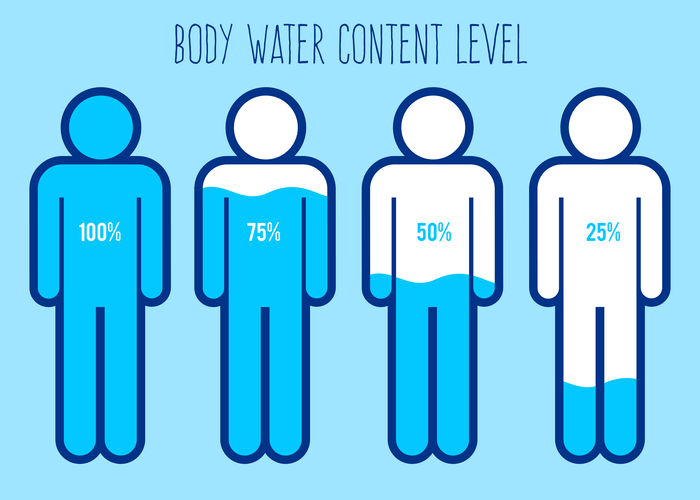How to Overcome Feelings of Shame in Recovery
Helping others can create a new identity rooted in positive behaviors, allowing individuals to move beyond their past and embrace their journey of guilt and shame in recovery recovery. Remember, seeking professional help can be a powerful ally in this process. Therapists and counselors can equip you with the tools and support you need to navigate these complex emotions and build a healthier, happier future. Shame and guilt can make you feel worthless, leading to thoughts and behaviors that sabotage your recovery. Both emotions can hold you back, but grasping the difference is a bold step forward. Acknowledge the impact of your actions and work toward personal growth and accountability.
Therapeutic interventions
- Theaddict is flooded with memories of the mistakes they made, the people they hurtand all the things they wish they could undo.
- The difference between guilt and shame is that guilt focuses on actions, while shame targets identity.
- Guilt and shame serve an important purpose in our lives.Guilt is that little twinge you feel when you are about to do something youknow is wrong.
Counseling sessions provide a safe space for clients to share their feelings, challenge negative thought https://cyprus.weuz2.org/2024/03/15/can-you-overdose-on-oxycontin-signs-symptoms-to/ patterns, and develop healthier coping mechanisms. Overcoming guilt and shame involves several steps, including practicing self-acceptance, seeking professional help, and developing healthy coping mechanisms. Therapy, such as cognitive-behavioral approaches, can help individuals process painful emotions and break free from the harmful cycle of negative self-perceptions.
How can supportive relationships aid in overcoming guilt and shame during recovery?

In recovery, individuals frequently find themselves confronting heavy feelings of guilt and shame stemming from their past actions during active substance use. These emotions can complicate the healing process, especially as clarity returns and past behaviors become more apparent. Along the road to recovery, you may grapple with overwhelming feelings of shame and guilt. It’s important to recognize these emotions, as they can be barriers to progress. Overcoming shame and guilt is an integral part of the healing process, paving the way for personal growth and sustained recovery.
- Surrounding oneself with supportive and understanding individuals is essential for fostering a nurturing recovery environment.
- Our treatment programs vary in duration based on individual needs and progress.
- Self-compassion involves treating yourself with kindness and understanding, just as you would a friend in a similar situation.
- Moreover, education about the nature of guilt and shame enhances self-awareness.
- If you are looking for community support, check out our alumni page for updates on sober events and gatherings or reach out to our alumni coordinator Kelly Butzer for more information.
Understanding the Emotional Barriers in Recovery
- Experiencing a relapse can trigger intense feelings of guilt and shame for individuals in recovery.
- These feelings can either serve as catalysts for change or formidable barriers that hinder progress.
- Therapeutic approaches like Motivational Interviewing (MI) have proven effective in helping individuals navigate their feelings of shame.
However, excessive or unresolved guilt may lead to feelings of remorse and self-blame, which, if not managed, can cause emotional exhaustion. Breaking the cycle of guilt and shame in recovery starts by recognizing the distinction between these two emotions. Guilt stems from actions that one has taken, while shame relates to feelings of inadequacy and negative self-worth. Guilt and shame are two interrelated emotions often experienced by individuals in recovery from addiction. Guilt is alcoholism symptoms typically linked to specific actions that caused harm to others or oneself, creating a sense of remorse and responsibility.

Some rehab centers help people with the biological aspect of withdrawal but fail to address those other factors. Should you act impulsively or without consulting your valuesystem and it results in behavior that is contrary to your values, correct thesituation as soon as you become aware of it. It can help to do a regular checkin to determine if you are acting in accordance with your values.
